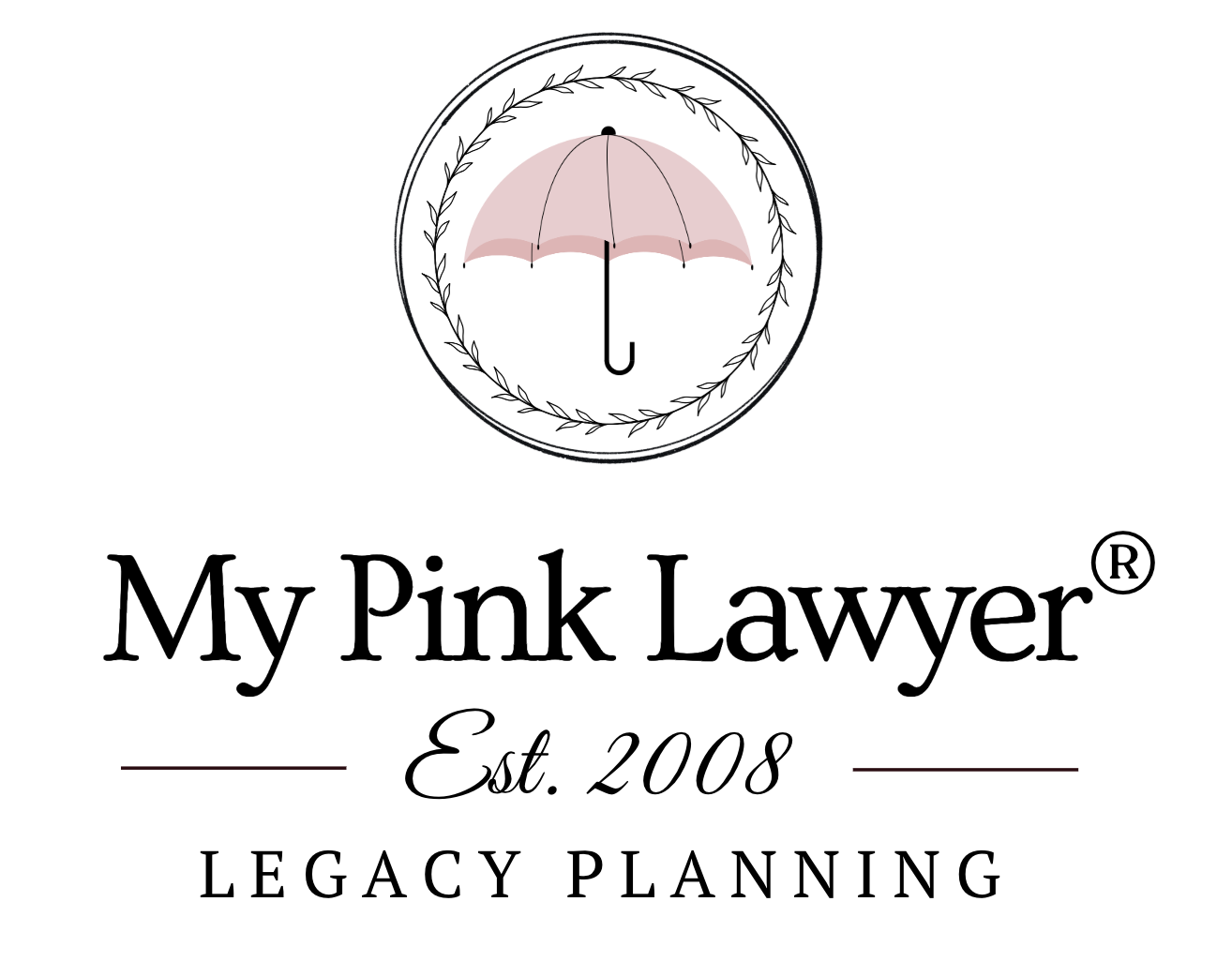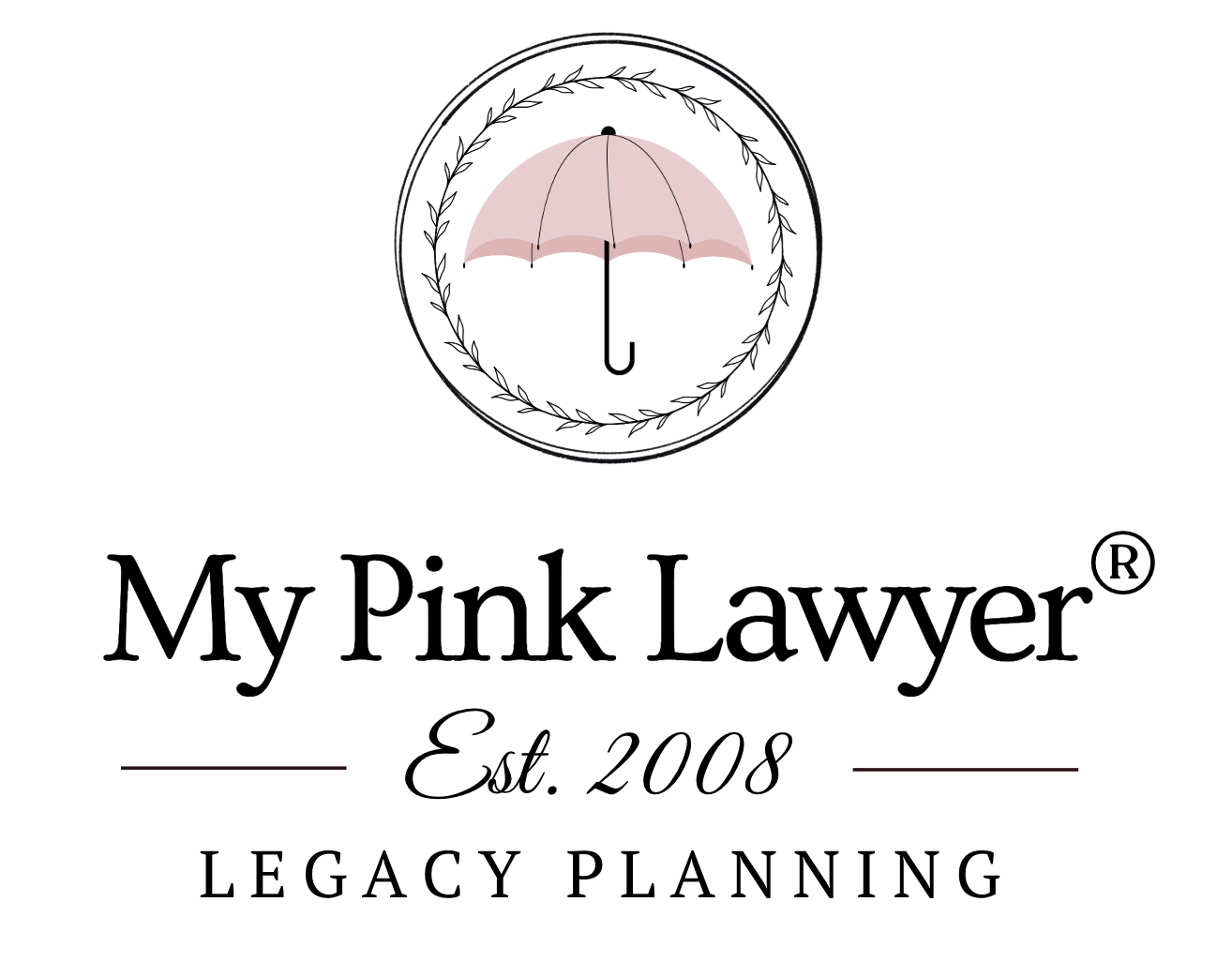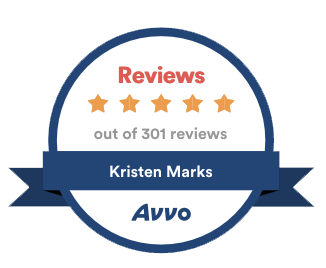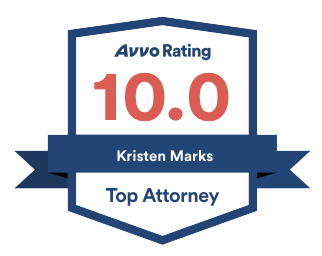Many parents add an adult child to their bank account for convenience purposes. They want their child to assist them with paying their bills or to pay bills if they are hospitalized, traveling, or otherwise out of pocket.
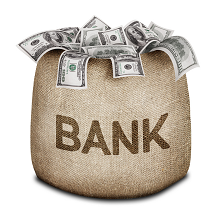
Although no doubt convenient, there are serious downsides to having your child on your financial accounts.
1. Liability.
If your child gets sued, files bankruptcy, even gets divorced, your accounts might be used to settle your child's debts.
Or, at the very least, you will have to jump through some serious hoops to prove that the money in the account is yours (not your child's) and that it should not be subject to your child's creditors.
2. Your Child is Denied Public Assistance Benefits.
If your adult child becomes disabled and applies for Social Security or Medicaid disability benefits, the approving agency will audit all income and assets that the applicant has access to. If your child is on your account, their benefits application may very well be denied.
3. Your Child Has Carte Blanche to your account.
As a co-owner, your child can use the funds however she chooses, even for her own benefit without your permission.
4. When you die, the account goes to your child regardless of what your intentions or other planning documents say.
Because your child is a co-owner of the account, when you die, your child continues to own the account, regardless of what your Will or POD (beneficiary) designation may say.
If you have more than one child, you likely want to leave the account to ALL of your children, not just the one that is on the account with you.
But, that child co-owner will split it with their siblings, right? Hardly ever in my experience. Everyone has great intentions until someone dies and there is money involved.
Don't count on your child sharing the account with anyone.
Even if your child does share the account, that sharing then becomes a gift from that child to his/her siblings which may require the filing of a gift tax return to disclose the gift.
So what's the workaround here? How can you still have your child assist you with managing your finances and paying your bills without the downsides listed above?
By using a Power of Attorney and, possibly, a Payable on Death (POD) designation.
By giving your child a Durable Power of Attorney that includes banking powers, that child can pay your bills and manage that account during your lifetime for your benefit.
You also have the added protection that your child agent has fiduciary duties to only use the account for your benefit at your direction, rather than for himself.
Your power of attorney is void upon your death but if you've signed a POD (payable on death) beneficiary designation for the account with the bank, then upon presentation of your death certificate, the bank will disburse the funds in the account among your named beneficiaries without a court order or probate.
Bottom line: The risks associated with having a child on your bank account with you do not outweigh the convenience factor unless the account is kept at such a low balance that you are willing to lose it. In other words, if you can sleep well at night thinking that whatever money you have in your account might be gone tomorrow, then by all means, keep your child on your account. Otherwise, fix it by using a durable power of attorney and possibly, a POD (payable on death) beneficiary designation.
